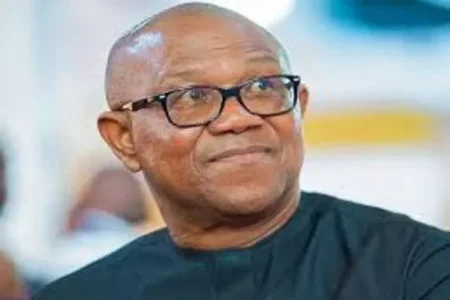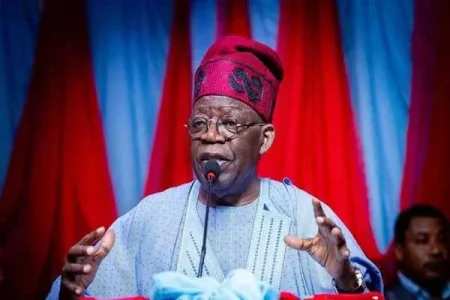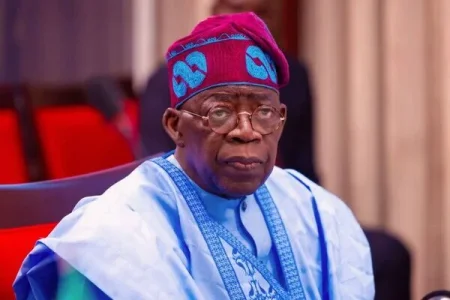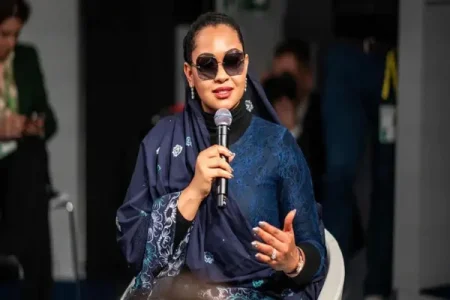
A viral claim that Peter Obi secretly met President Tinubu to discuss Fidelity Bank’s N225bn debt has been debunked—but not before sparking fierce debate. With Nigeria’s 2027 political landscape heating up, misinformation is becoming a weapon.
- The Rumor: Reports alleged Obi and Tinubu held covert talks in Rome about Fidelity Bank’s Supreme Court debt ruling.
- Obi’s Rebuttal: Calls it “baseless blackmail,” says their only interaction was a brief greeting at the Pope’s inauguration.
- Bank’s Stance: Fidelity clarifies that the N225bn case stems from a pre-acquisition dispute and is under judicial review.
- Bigger Picture: The story reflects how quickly unverified claims gain traction in Nigeria’s tense political climate.
Peter Obi’s swift denial reflects how sensitive political optics are in Nigeria, especially when financial scandals or elite interactions are involved. For a politician who’s built his brand on transparency and accountability, the rumour strikes at his core image.
His response also highlights how disinformation is increasingly weaponised in Nigeria’s digital political space. With elections behind us but political positioning ongoing, stories like this won’t be the last. But who benefits from spreading them — and why now?



